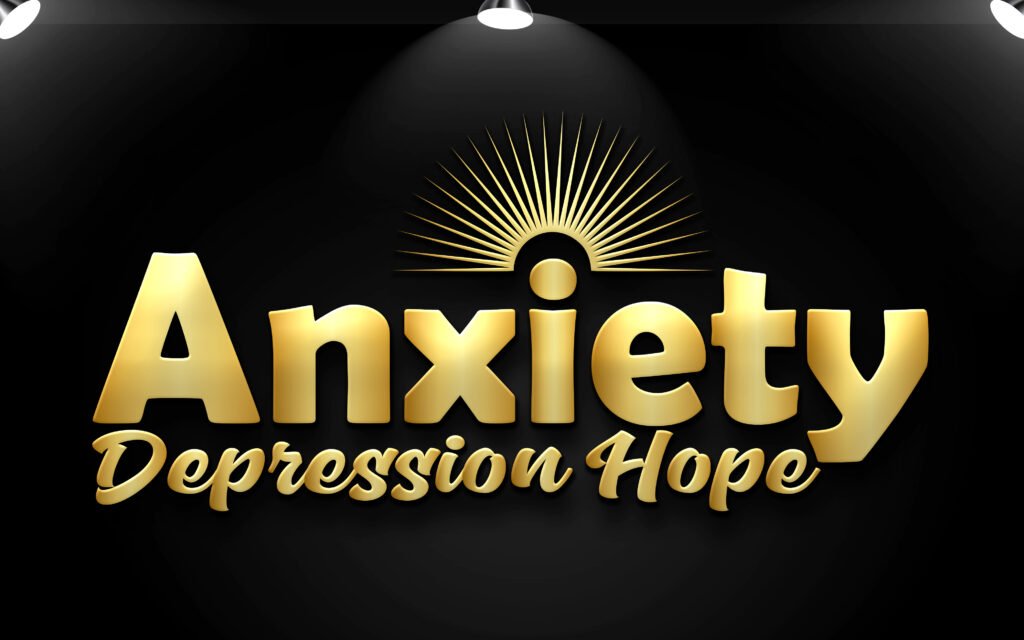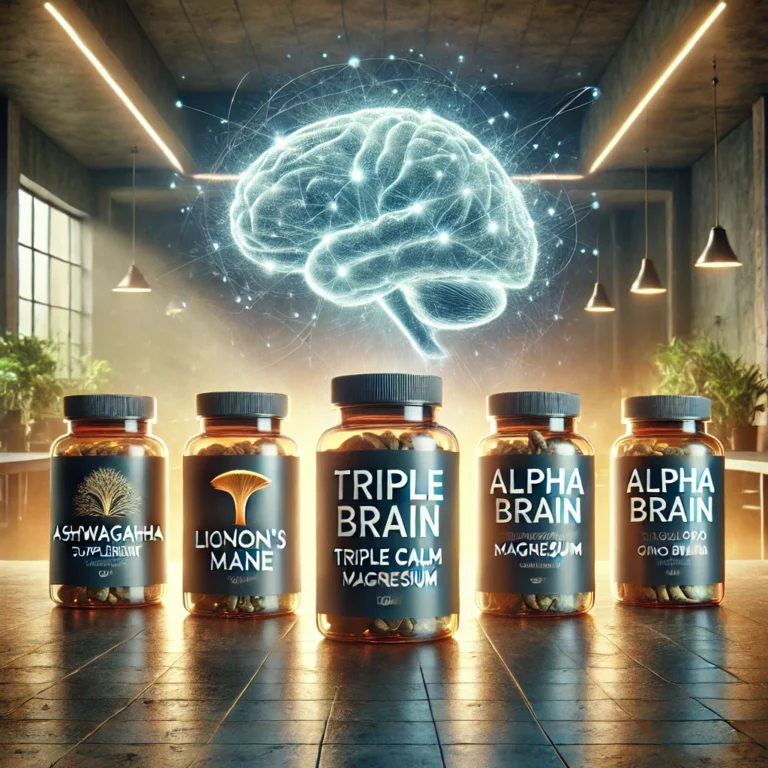The Surprising Power of Psychedelics: A New Frontier in Mental Health

Introduction to Psilocybin and Its Potential
Psilocybin, the primary psychoactive compound found in various species of magic mushrooms, has garnered considerable attention in recent years for its potential therapeutic effects. Historically, indigenous cultures have utilized psilocybin in spiritual and healing ceremonies for centuries, recognizing its profound impact on human consciousness and perception. This traditional use contrasts sharply with modern societal views, which often stigmatize psychedelics. However, as the public becomes more aware of mental health challenges and the limitations of conventional treatments, attitudes towards substances like psilocybin are beginning to shift.
Recent scientific interest in psilocybin has exploded, leading to a surge in research focused on its potential to treat a variety of mental health disorders. Unlike traditional medications, which often rely on a chemical approach targeting symptoms, psilocybin appears to promote a more holistic and transformative experience. Studies have indicated promising effects on conditions such as depression, anxiety, and PTSD, with participants reporting significant reductions in symptoms following guided sessions involving psilocybin. This opens avenues for a groundbreaking approach that may alter the current paradigms in mental health treatment.
Current research continues to explore the neurobiological mechanisms underlying psilocybin’s effects. It is theorized that psilocybin may promote neurogenesis and synaptic plasticity, contributing to lasting changes in mood and cognition. These findings position psilocybin as a potentially powerful therapeutic agent contrasting sharply with traditional pharmaceutical options, which often come with a host of side effects. As the dialogue surrounding psychedelics evolves, psilocybin stands at the forefront, signaling a new frontier in mental health care and offering hope to those struggling with mental health issues.
How Psilocybin Works in the Brain
Psilocybin, the active compound found in certain species of mushrooms, has garnered significant attention within the field of neuroscience due to its unique ability to influence brain function. Once ingested, psilocybin is converted into psilocin, which binds to serotonin receptors, particularly the 5-HT2A receptor. This interaction leads to alterations in mood, perception, and cognition, promoting a profound shift in consciousness. Notably, the effect on serotonin receptors can enhance communication between different regions of the brain, fostering the formation of new neural pathways.
Research has shown that psilocybin affects areas of the brain that are crucial for mood regulation and emotional processing, such as the prefrontal cortex and the amygdala. These regions are involved in regulating fear and anxiety responses; thus, psilocybin’s modulation of their activity may contribute to reductions in symptoms associated with mental health conditions like depression and anxiety. Furthermore, studies indicate that psilocybin can disrupt entrenched negative thought patterns, offering a new perspective for individuals grappling with addiction or severe mood disorders.
By temporarily altering the functional connectivity of the brain, psilocybin allows for a fresh mental landscape where individuals may experience a sense of unity, interconnectedness, and profound insight. This therapeutic experience can be especially beneficial for those suffering from conditions resistant to traditional treatments. In addition, visual graphics and animations could be utilized effectively to illustrate these complex processes, aiding in the comprehension of psilocybin’s impact on brain function.
As research continues to probe the intricacies of psilocybin’s action within the brain, the promise of leveraging this substance as a potent tool for mental health treatment emerges. The potential to reformulate entrenched neural circuits presents a radical shift in understanding effective therapies for mental health struggles.
Clinical Trials and Their Promising Results
Recent clinical trials investigating psilocybin therapy have yielded remarkable results, creating a buzz in the mental health community. These studies focus on patients suffering from various forms of depression, anxiety, and PTSD, among other mental health conditions. In a notable study conducted by Johns Hopkins University, researchers found that participants who received psilocybin therapy reported notable improvements in their mental health metrics. 70% of the subjects exhibited significant reductions in depressive symptoms after just one or two treatment sessions, a stark contrast to the more gradual effects often associated with traditional antidepressants.
One compelling aspect of these trials is the anecdotal evidence provided by participants. Many individuals have shared transformative experiences, describing feelings of relief and clarity following their sessions. One participant noted that the session allowed them to confront their past emotions in a way they had never been able to achieve through conventional therapy. This deeply personal perspective aligns with statistical evidence that shows the long-lasting effects of psilocybin therapy, often enduring for months after a minimal number of sessions.
Moreover, the psychological effects observed are not confined to symptom relief alone; participants in these trials often experience heightened states of emotional awareness and improved overall life satisfaction. Reports suggest that many individuals find themselves better equipped to face everyday challenges and stressors after undergoing psilocybin treatment. The rapid and sustained improvements reported by participants present a compelling case for the integration of psychedelics into standard therapeutic practices. As mental health issues persist on a global scale, these promising results lend hope for psilocybin to be recognized as a viable treatment option, leading to a paradigm shift in how we approach mental health care.
Safety, Regulations, and the Future of Psychedelic Therapy
As the interest in psychedelic therapy continues to grow, ensuring the safety and well-being of patients is paramount. Psilocybin therapy, particularly in the treatment of mental health conditions, necessitates rigorous safety precautions. Professional supervision during treatment sessions is essential to create a controlled and supportive environment. Trained therapists can provide guidance, monitor the patient’s mental state, and address any acute psychological reactions that may arise during the experience. This level of oversight helps mitigate risks and enhances the overall therapeutic potential of psilocybin.
Regulatory frameworks are also evolving to accommodate the increasing exploration of psilocybin in clinical settings. Currently, the legal status of psychedelics varies widely across jurisdictions, which can impact research and therapeutic access. The Food and Drug Administration (FDA) has made strides by designating psilocybin as a “breakthrough therapy” for conditions such as depression and anxiety, indicating a commitment to fast-tracking its development. There are ongoing discussions surrounding further regulatory approvals and the potential for psilocybin to be rescheduled, allowing for broader therapeutic use.
As societal perceptions shift, there is a growing acceptance of psychedelics within mainstream medicine. An increasing number of clinical trials are showcasing the efficacy of psilocybin in treating various mental health disorders, contributing to a rich body of evidence. This newfound openness signals a promising landscape where psilocybin integration into therapeutic practices could become more commonplace.
Looking ahead, the prospect of psilocybin therapy holds remarkable potential for the future of mental health treatment. By addressing safety and regulatory concerns, it is possible to unlock the full benefits of psychedelics. With continued research and a focus on responsible implementation, psilocybin may significantly improve therapeutic outcomes, offering hope for those grappling with mental health challenges.






